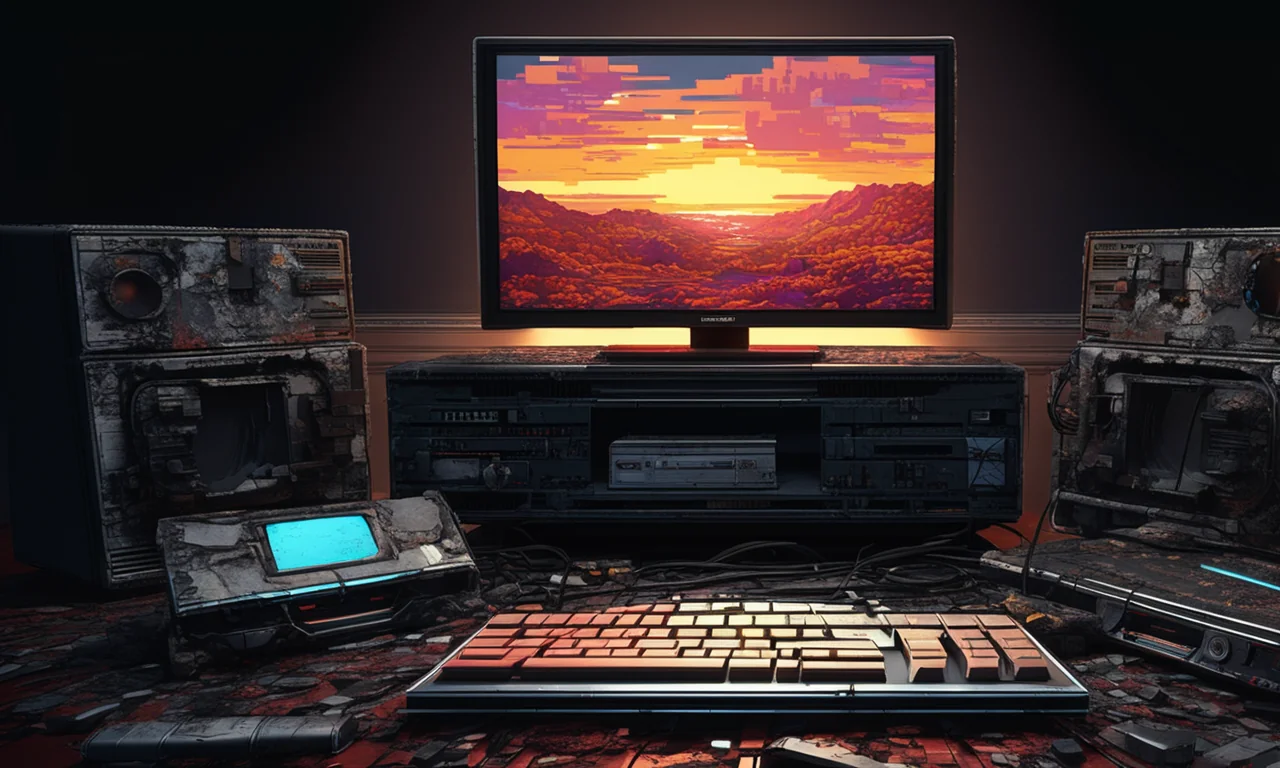
Steam Ends 32-Bit Windows Support Amid Security Upgrades
The gaming industry faces disruption as legacy systems are retired and rapid updates reshape user experiences.
Today's Bluesky gaming and news threads reveal a digital landscape simultaneously grappling with legacy system obsolescence and an insatiable appetite for novelty. The crosscurrents between tech vulnerability fixes, indie releases, and retro enthusiasm show a community fixated on both the future and the past. Underneath the surface-level excitement for updates and new launches, one finds a persistent tension: a desire to preserve what works, reimagine what's old, and never stop tinkering with the tools of play.
Security Fixes and the Death of Old Platforms
Nothing gets the digital crowd talking quite like a vulnerability in a staple game engine. The recent security issue with the Unity game engine forced Valve to issue a Steam Client update, blocking game launches that exploit a critical flaw. In typical open-source spirit, developers now scramble to patch UnityPlayer.dll or rebuild with the latest Unity Editor—an effort that reveals both the fragility and resilience of the ecosystem. This episode is more than technical housekeeping; it is a reminder of how dependent even the most innovative gaming communities are on upstream corporate decisions.
"Yay, another game that people will use the word slop to describe even though that's not what the word is meant to be about"- @cringyboi42069.bsky.social (0 points)
Valve's update dovetails with another notable shift—the end-of-life notice for 32-bit Windows on Steam. This move is both inevitable and disruptive, pushing late adopters and nostalgia-driven players out of the loop. While bug fixes and platform updates are routine, the underlying pattern is clear: the tech stack is shedding its old skin, and users are expected to keep pace or be left behind.
Indie Innovation and Retro Resurgence
If the mainstream is busy moving on, the indie and retro scenes are pulling in the opposite direction, breathing life into genres and machines long considered obsolete. The arrival of Necesse 1.0's co-op sandbox and the roguelite dungeon crawler The Crazy Hyper-Dungeon Chronicles show how the appetite for quirky, replayable experiences is far from sated. Aggro Crab's new Crashout Crew leans into co-op chaos, even as some community members sarcastically question whether any new release can escape the “slop” label.
"Back when I had a Steamdeck last year, I played it on there using some simple control scheme and the touch pad. I wonder what the official controls will be"- @sadnehs.bsky.social (0 points)
Meanwhile, the retro gaming faithful are celebrating projects like Cosmic Hero 2: Prologue for the Atari XL/XE, which harks back to Polish classics and pushes 1990s hardware to its limits. There's a parallel here with the Proton Hotfix for FINAL FANTASY TACTICS and the Steam Deck beta support for Utopia Must Fall: all are reminders that gaming innovation is just as likely to occur through clever adaptation as through brute technological progress.
Constant Content and the Pressure to Keep Up
October's gaming calendar is packed, and the sense of urgency is palpable. The first demo for Warhammer 40,000: Mechanicus II is now live, while Prime Gaming's October loot offers yet another batch of digital trinkets to claim. These updates, along with indie launches and beta rollouts, reinforce a truth many are reluctant to admit: the relentless pace of new content is as exhausting as it is exhilarating.
"I haven't even open the box for the first one."- @cocoaswitch.com (1 point)
In this context, even the most “excellent” new beta, such as the Steam Deck support for Utopia Must Fall, can feel like just another item on an endless checklist. The churn is real, and Bluesky's gaming crowd seems caught between excitement for what's next and an unspoken fatigue that only grows as the update cycle accelerates.
Journalistic duty means questioning all popular consensus. - Alex Prescott